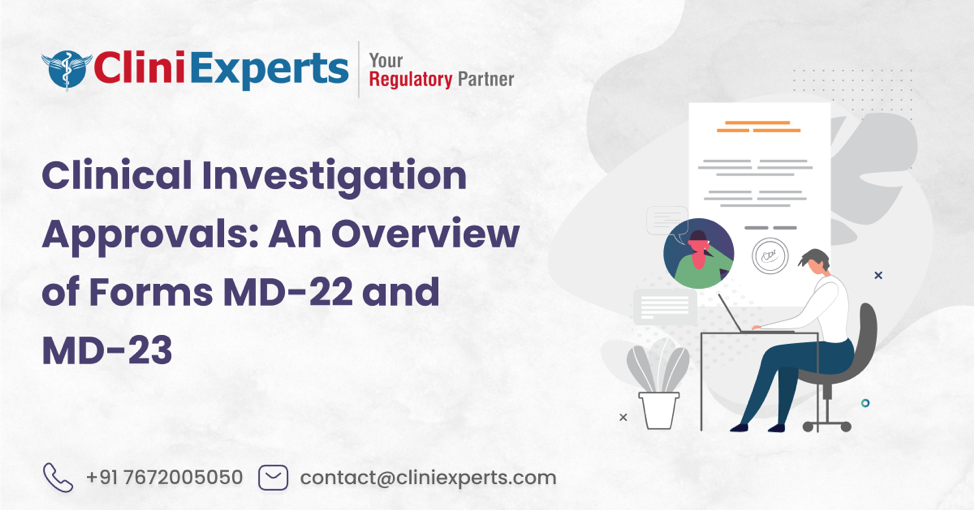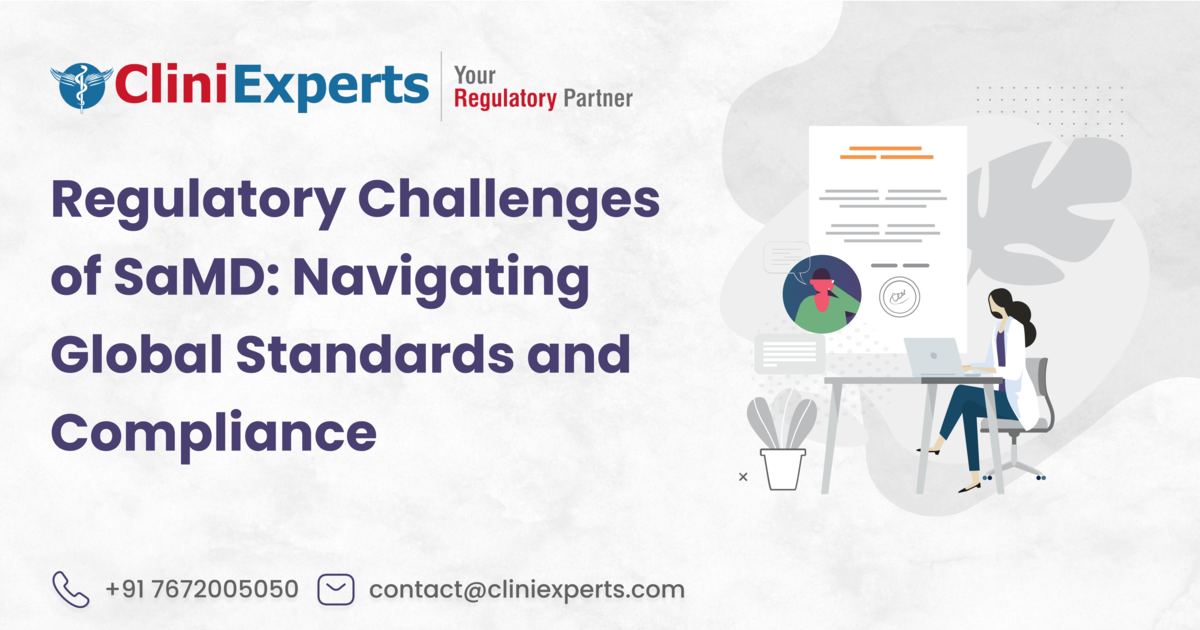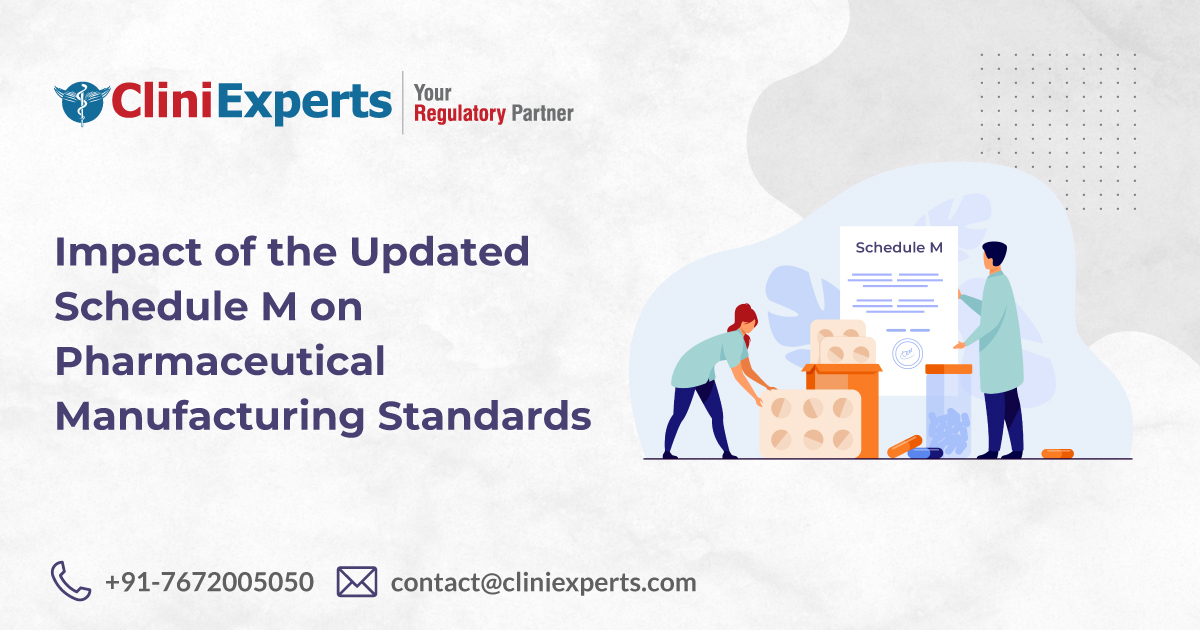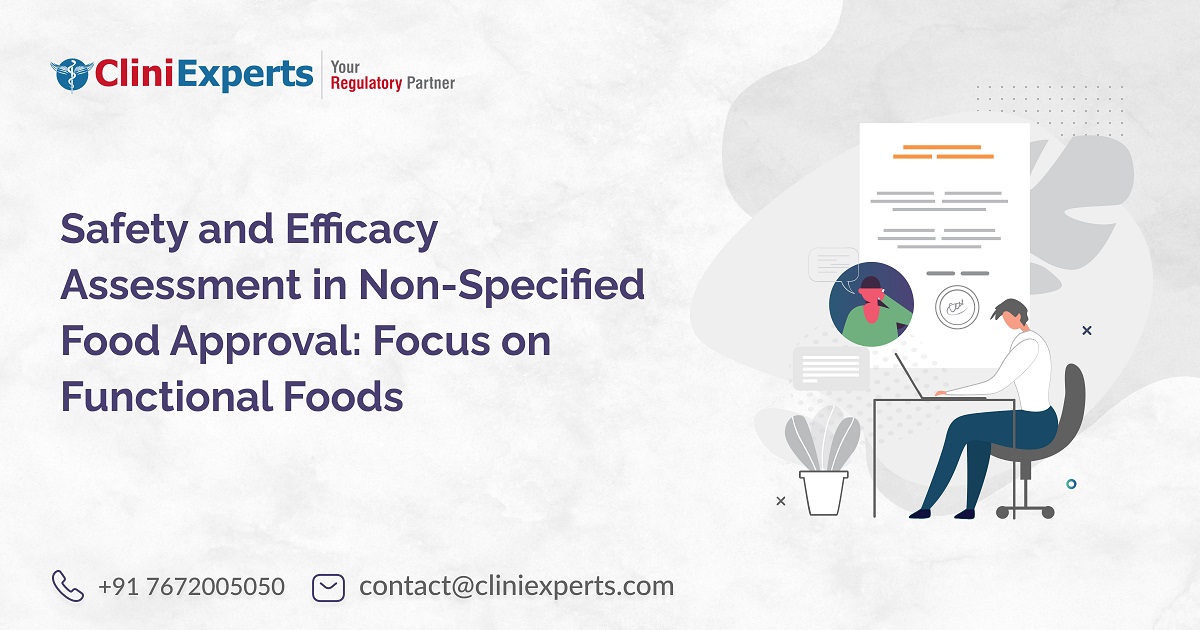
Clinical Investigation Approvals: An Overview of Forms MD-22 and MD-23
Summary Short Description Strict regulatory protocols govern clinical investigations for medical devices. Central to this process are forms MD-22 and MD-23. Form MD-22 is an application to Central Licencing Authority (CLA) for conducting investigation on an investigational medical device whereas MD-23 is the approval of same. These ensure safety, performance […]
Read MoreClinical Validation of SaMD: What You Need to Know
Clinical validation is an integral part of clinical evaluation of an SaMD, which is defined as a set of ongoing activities conducted for the assessment and analysis of an SaMD’s clinical safety, effectiveness and performance as intended by the manufacturer.
Read MoreDifferent Types of FSSAI Licenses in Delhi
Explore the various types of FSSAI licenses available in Delhi. Learn which license is right for your food business and how to apply. Get a clear understanding of the different FSSAI licenses in Delhi and step-by-step guidance on the application process.
Read More
Regulatory Challenges of SaMD: Navigating Global Standards and Compliance
Navigating Software as a Medical Device regulation involves addressing varying global standards, including risk-based classifications.
Read More
Understanding the Impact of the Updated Schedule M on Pharmaceutical Manufacturing Standards
- Schedule M is a part of the Drugs and Cosmetics Act, 1945.
- It outlines the good manufacturing practices and requirements of premises, plant, and equipment for pharmaceutical products.
- Revised changes in Schedule M include the incorporation of a pharmaceutical quality system, quality risk management, product quality review, qualification and validation of equipments, change control management, Self-inspection, constituting quality audit team.
- Implementation of a computerized storage system and validation of GMP-related computerised system.

Safety and Efficacy Assessment in Non-Specified Food Approval: Focus on Functional Foods
The Food Safety and Standards (Approval for Non-Specified Food and Food Ingredients) Regulations, 2017, initially established by the FSSAI, served as a framework for regulating non-specified food products and ingredients.
Read MoreRegulation/Guidelines
The Future of SaMD: Emerging Trends and Innovations
The future of Software as a Medical Device will see breakthroughs in Artificial Intelligence-based diagnostics, personalised treatments, and remote monitoring.
Regulation/Guidelines
Understanding SaMD: What Makes Software a Medical Device?
Software as a Medical Device refers to software applications designed for medical purposes, such as diagnosis, treatment, or monitoring, without being part of a physical device.
Regulation/Guidelines
Quality Management Systems for SaMD: Best Practices and Standards
Software as a Medical Device faces many challenges related to quality management systems.
